From the Leadership Team of Climate Action Rhode Island / 350 RI
Since May 25, the day when George Floyd was brutally murdered by police, people across the United States and abroad have come out in huge numbers to express resistance against the violence that has raged for centuries against the Black community.
Within climate activism, many organizations and groups are composed of a White majority, with people of color in the minority. This is true in the case of Climate Action Rhode Island / 350 RI, as well. Having the availability and resources to participate in climate activism is an example of white privilege. Black and Brown people care about the climate crisis at a higher rate than White people, but many do not have the time or resources to become climate activists, or have too much on their plate already in the fight for racial justice.
Environmental movements and the climate movement have a history of exclusion, white privilege, and perpetuating systems of oppression. We at CARI need to proactively confront racism and white supremacy in ourselves, our movement, our community, institutions, and society more broadly. The climate movement needs to lift up and support Black and Brown activists who care so deeply about climate, and to uplift Indigenous and frontline voices in this work.
It is not only because of the racial makeup of our majority-White group that CARI is speaking out for racial justice. Our purpose is deeply connected, and we express our commitment to dismantling white supremacy and undoing racist policies in our mission. There is no climate justice without racial justice. There is no just transition to renewables, and no just recovery from the climate crisis without racial justice.
Often, climate activists are good at talking about the science of the climate crisis, and the “why” can get a little lost. So we want to explicitly state that our concern for the well-being of people is at the heart of why we are committed to this work. We are especially concerned about people of color, who already disproportionately bear the brunt of fossil fuel pollution, and who may benefit from the fewest financial resources for transitioning to clean energy or coping with rising temperatures, or who may not have the resources to protect themselves from the natural disasters that will increasingly strike, or the sociopolitical problems brought on by the climate crisis.
Racial inequality is one of the most frightening aspects of the climate emergency. There is no climate justice without racial justice, and, terrifyingly, the reverse is also true. There will be no racial justice without climate justice. Based on the inertia of history, many Americans with white privilege have the luxury of feeling like they will always come out on top, like they will always be able to afford expensive tech fixes and somehow make do as the Earth’s climate collapses.
Black and Brown people in America do not have the luxury of expecting their communities to come out on top in a society that has oppressed and exploited them for centuries. Unfortunately, this is a life-and-death problem for millions of people, both in terms of police violence and the justice system, and in the context of the climate crisis and the massive threats to life that it poses.
As one of our volunteers put it:
“I absolutely do not want to wake up one day in a world where the temperature reaches 140 degrees Fahrenheit and only the privileged few have access to expensive, high-tech A/C units. That is the kind of life-threatening situation that people at the intersection of racist and capitalist exploitation are likely to be faced with. I do not want to see Black and Brown people disproportionately affected by yet another life-threatening crisis. That is the reason why climate activism matters.”
The people of this country need to be healthy and safe now if we will ever have a chance of being healthy and safe in the future—and this means we all need to shout Black Lives Matter from the rooftops. Simultaneously, we all urgently need to act now on climate in order to save Black lives from the dire threat of the climate crisis. And the climate movement desperately needs more racial diversity in its ranks, which will only be possible if we all lift up Black, Brown, and Indigenous peoples.
We also have a duty to demand action by this country on behalf of the hundreds of millions of people around the world who are at risk for facing mass migration or death by 2050 due to the climate crisis that we have caused. Racism contributes to the hesitation to act. This reality also drives our urgent work.
To close this statement, we wish to direct you to organizations doing crucial racial justice work. Our umbrella organization, 350.org, shares some links to these organizations on their blog. We do not pretend to be experts on white supremacy, state-sponsored violence, or racial justice, but we express solidarity with the Black and Brown communities on these issues. We will continue to listen, learn and think about how we can work for racial justice as part of our commitment to climate justice and climate activism.
Please seek out trusted organizations doing this crucial racial justice work. And please continue this crucial work on climate—for people and planet, not profits.
Sincerely,
The Leadership Team
Climate Action Rhode Island / 350 RI
